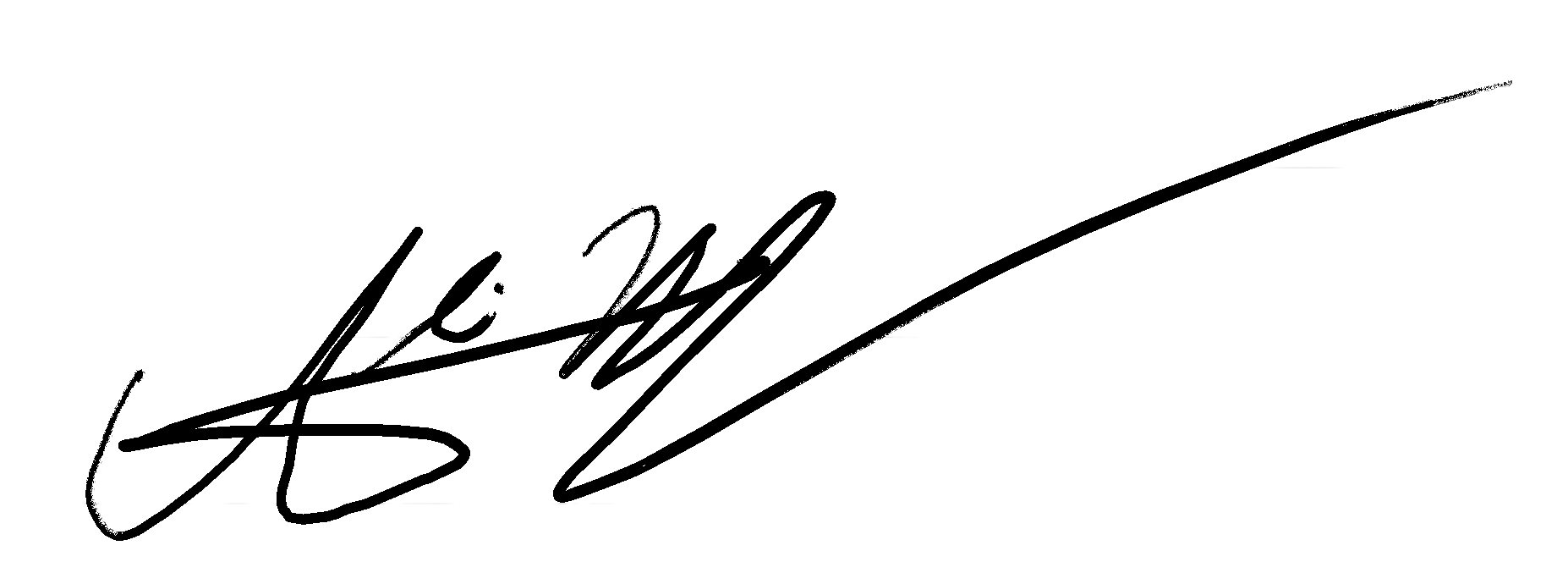How your weakness can become your greatest strength
We are all born into life carrying burdens we did not choose. Some are written on our bodies, others woven into our temperaments, still others etched by circumstance and family. They are the traits, the failures, the scars we’d rather not confess. When we think about our weaknesses, we usually see them as proof of inadequacy, reasons to hide, excuses for why we cannot lead or achieve. But what if this very way of looking at weakness is incomplete?
Imagine, for a moment, writing down every single flaw, every failing, every fear. Make the list as brutally honest as possible—your impatience, your insecurity, your mistakes, your illnesses, your struggles. Then ask a simple question: What if God let this happen to me for a reason? What if these weaknesses are not arbitrary curses but invitations to growth?
One of the ways I implement this is by regularly asking myself: If God wanted to make someone tough, would he give them an easy life?
When we reframe weakness in this way, something extraordinary happens. Each burden becomes a potential gift, each wound a source of wisdom. A person who has wrestled with anxiety may be uniquely equipped to guide others through storms of fear. Someone who has known the sting of poverty might carry an unmatched compassion for the marginalized. A leader who once failed profoundly may have the humility and patience to help others avoid similar ruin. In this light, weakness becomes a teacher—and more than that, a calling.
The paradox is that our struggles create a familiarity that cannot be faked. You cannot lead people out of darkness unless you have known what it feels like to walk there yourself. You cannot speak with authority about resilience unless you have endured. The authority of lived weakness is not in theory, but in testimony. And so the very things we once sought to bury become the foundation upon which our most authentic influence is built.
This is the alchemy of weakness: to recognize that the list of flaws we once despised is, in fact, a catalog of unique strengths. Where others see shame, we can see training. Where others see limitation, we can see preparation. Our wounds are not simply healed; they are transfigured into wisdom and power that can only come from having lived them.
So perhaps the challenge is not to rid ourselves of weakness, but to reinterpret it. To accept that the things that make us feel small may be the very things that make us indispensable. To see our lives not as accidents, but as carefully tailored paths where even the jagged stones were placed with purpose.
In the end, we lead not despite our weaknesses, but because of them.
P.S. Over the past 5 years I have been quietly planning a 3rd book. Many people comment on my world view and personal philosophy and many people have commented on how much it has helped them move forward during tough times. I frequently get messages from strangers I have never met and it is in those moments I remember the power of the internet. So, despite always feeling uncomfortable about this, I feel it is my responsibility to take the positive feedback and share it with others whom I do not converse with regularly.
I will be writing this book, in public, in realtime. For now, I have collected my most important maxims. These were discovered through personal trials & across multiple countries with an inordinately abnormal variety of experiences for someone my age.
For now, you can find them here: https://blog.thisisalimirza.com/meditations/
I will be turning each of those maxims into a chapter of the book. Each chapter will contain a personal story putting the maxim in context, some stories from historical figures who lived them, as well as a section on how to implement the maxim in your own life.
This will probably take me around 2 more years. I will continue adding maxims to that page, and eventually I will share a live public google document where I will be writing out the rest of the book as it takes form. I think this will be fun.
